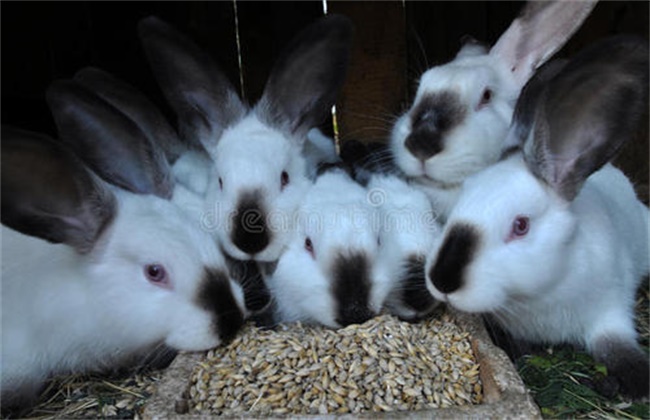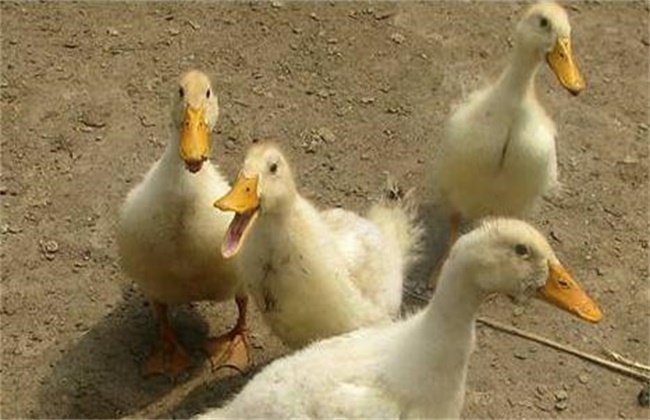Risk of raising chickens in woodland
Chicken farming in woodland is very popular in China now, and chicken farming in woodland is a kind of ecological breeding mode. It is not only very beneficial to the growth of chickens, but also can achieve the goal of ecological pollution-free. Moreover, it can effectively reduce ecological pollution, and the excrement produced by chickens can also be used as fertilizer for woodland plants. However, there are certain risks in raising chickens in woodland, so the following editor brings you the risk of raising chickens in woodland. Let's have a look!

1. High incidence of parasites
When we raise chickens in large-scale woodland, we usually release chicken seedlings in batches. If the age of the chicken seedlings is different, then their ability to resist the disease will be different. So some adult chickens that carry the virus or have developed diseases are very easy to transmit the virus to the chickens. In addition, in the woodland, the range of activities of chickens is very large, and the droppings produced by chickens are easy to spread all over the woodland. As a result, chickens are prone to diseases such as ascariasis and coccidiosis, so it is also one of the main risks of raising chickens in woodland.
2. it is easy to appear nutritional diseases.
When raising chickens in woodland, most of them are mainly grazed and scattered. Need to replenish about twice a day, but the amount of supplementary feeding is not very large. In addition, as the chicken grows, the worms and weeds in the woodland will be eaten less and less by the chicken. At this time, if it is still raised in the previous way, it will certainly lead to the lack of partial nutrition of the chicken, which will lead to the loss of feathers, random pecking and other bad phenomena. Reduce the appearance value of the chicken, make its market price lower, its benefit will certainly be greatly affected.
3. Management is difficult.
Compared with house feeding, the management of raising chickens in woodland is certainly more difficult. Because the area of the woodland is relatively large, the chickens are easy to walk around, and the breeders are unable to see the dynamics of all the chickens in time. And if you do not do a good job of training, it is very easy to lose chickens when you return to the fence every night. Moreover, it is inevitable that there will be natural enemies of Chinese chickens in the woodland, such as snakes and eagles. These creatures will cause great hidden dangers to the survival of chickens, so we must pay more attention to them.
4. Preventive measures
If we want to avoid these risks, then we should give priority to prevention. Based on the actual situation, targeted disease prevention measures should be taken to reduce the incidence of the disease. Choose chickens that are healthy, adaptable and disease-free. Then it is necessary to set up an isolation zone with the outside world to prevent the spread of disease and the invasion of natural enemies. At the same time, we should do a good job in management, pay attention to weather changes, strengthen training, and ensure timely recall. When using drugs, we should pay attention to drug dosage and toxicity to avoid drug residues. At the same time, we should do a good job of supplementary feeding to prevent the shortage of natural feed in the forest.
The above is a brief introduction to the risk of raising chickens in woodland. That's all for today's introduction. This article is for reference only. I hope it can be helpful to everyone.
Related
- On the eggshell is a badge full of pride. British Poultry Egg Market and Consumer observation
- British study: 72% of Britons are willing to buy native eggs raised by insects
- Guidelines for friendly egg production revised the increase of space in chicken sheds can not be forced to change feathers and lay eggs.
- Risk of delay in customs clearance Australia suspends lobster exports to China
- Pig semen-the Vector of virus Transmission (4)
- Pig semen-the Vector of virus Transmission (3)
- Five common causes of difficult control of classical swine fever in clinic and their countermeasures
- Foot-and-mouth disease is the most effective way to prevent it!
- PED is the number one killer of piglets and has to be guarded against in autumn and winter.
- What is "yellow fat pig"? Have you ever heard the pig collector talk about "yellow fat pig"?



